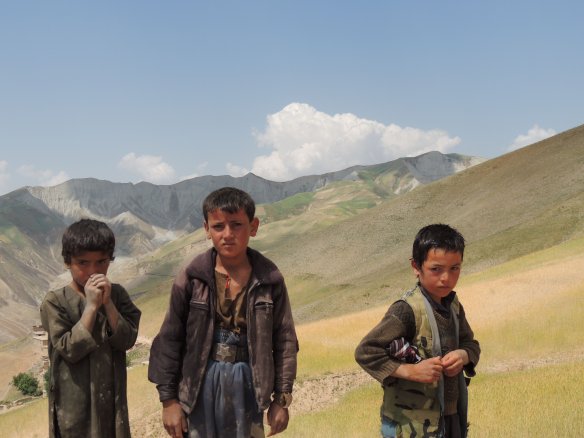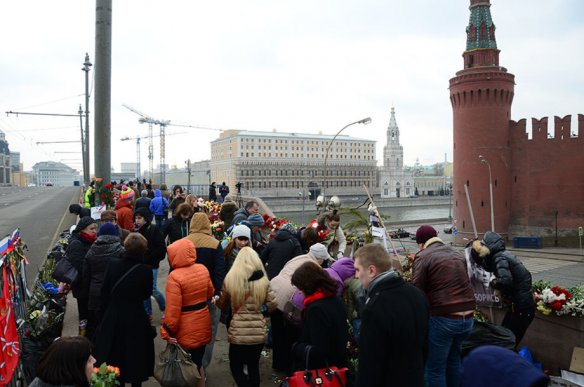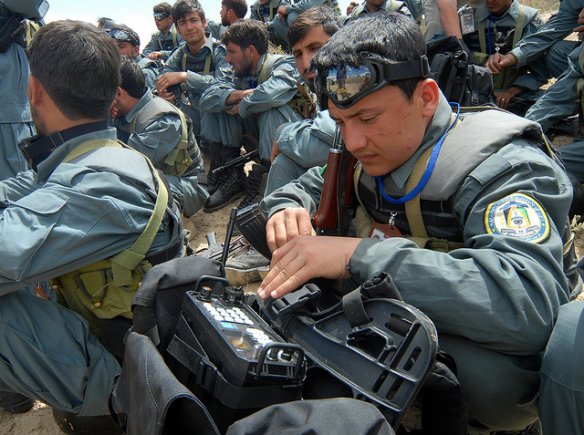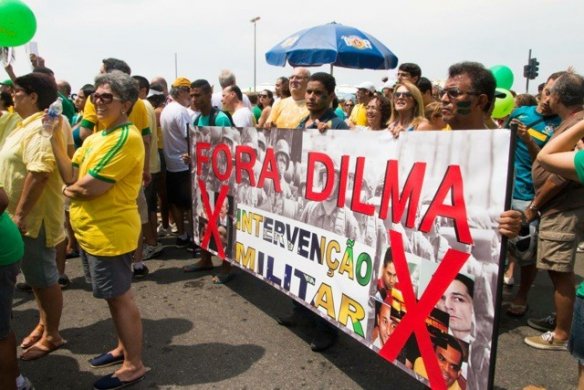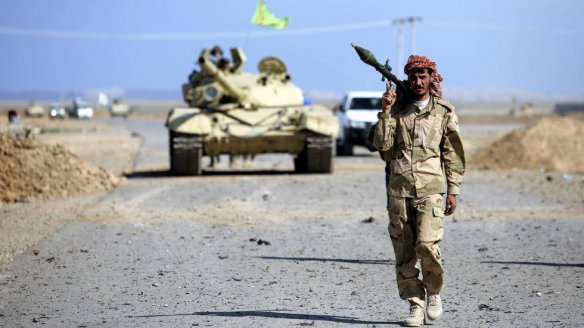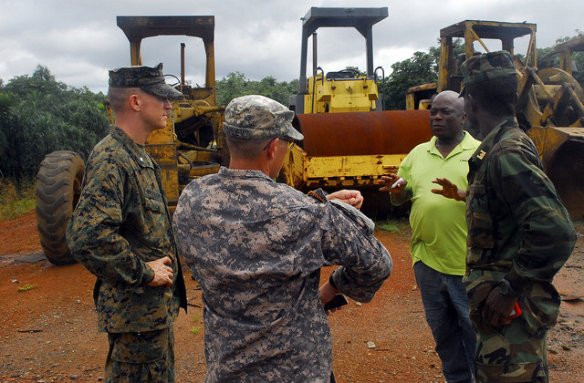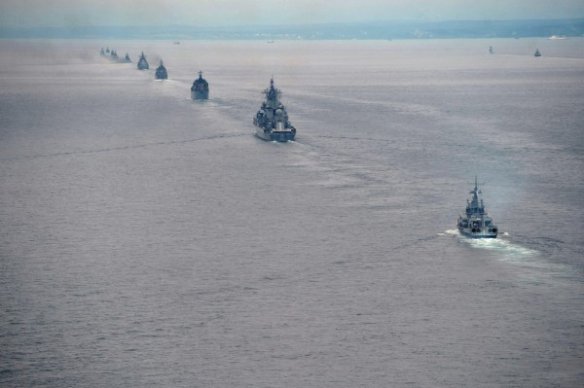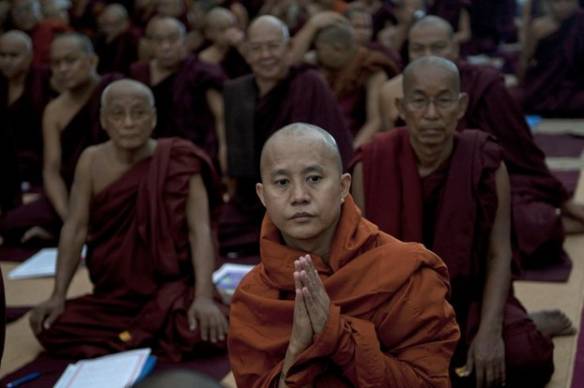(This post was originally published on Jørgen Carling’s personal web site.)
Migration affects the lives of women in many ways. One subtle but critical mechanism lies in disputes over ‘who’ migrant women are. Migration researchers can play a role in making the battles apparent and showing how they matter.
I have collected fifteen articles that have inspired me to write this post. I’ll mention them as I write, highlighting what I think they bring to our understanding of battles over women in the context of migration. You’ll find the abstract and full reference for each article at the end of the post (or this PDF).
The battles I refer to can, for the most part be related to a simple question: Who are ‘migrant women’? Let’s leave aside the demographics and socio-economic profiles of women who migrate and focus on the idea of ‘migrant women’. A good place to start is the message that the Director General of the International Organization for Migration (IOM) published on the occasion of International Women’s Day 2015. The Director General’s carefully worded message paints a picture that I think is typical in the field of policy and practice: migrant women are strong, yet in need of protection; they are pillars, yet vulnerable; they are leaders, yet need to be empowered.
It’s easy to point out that the IOM’s description is riddled with tensions. This is not a problem—life is full of tensions and contradictions. But it’s worth pausing to think about the attempt to fill the notion of ‘migrant women’ with meaning. Even if the description is a multi-faceted one, we are still left with a fixed category: migrant women.
‘We can learn a lot from them’ writes the IOM Director General about migrant women. I agree. In my own research, I have relied heavily upon ethnographic methods, which are essentially about learning from people who talk about their experiences. But I’ve grown increasingly sceptical of learning from people as ‘representatives’ of a particular category.Read More
